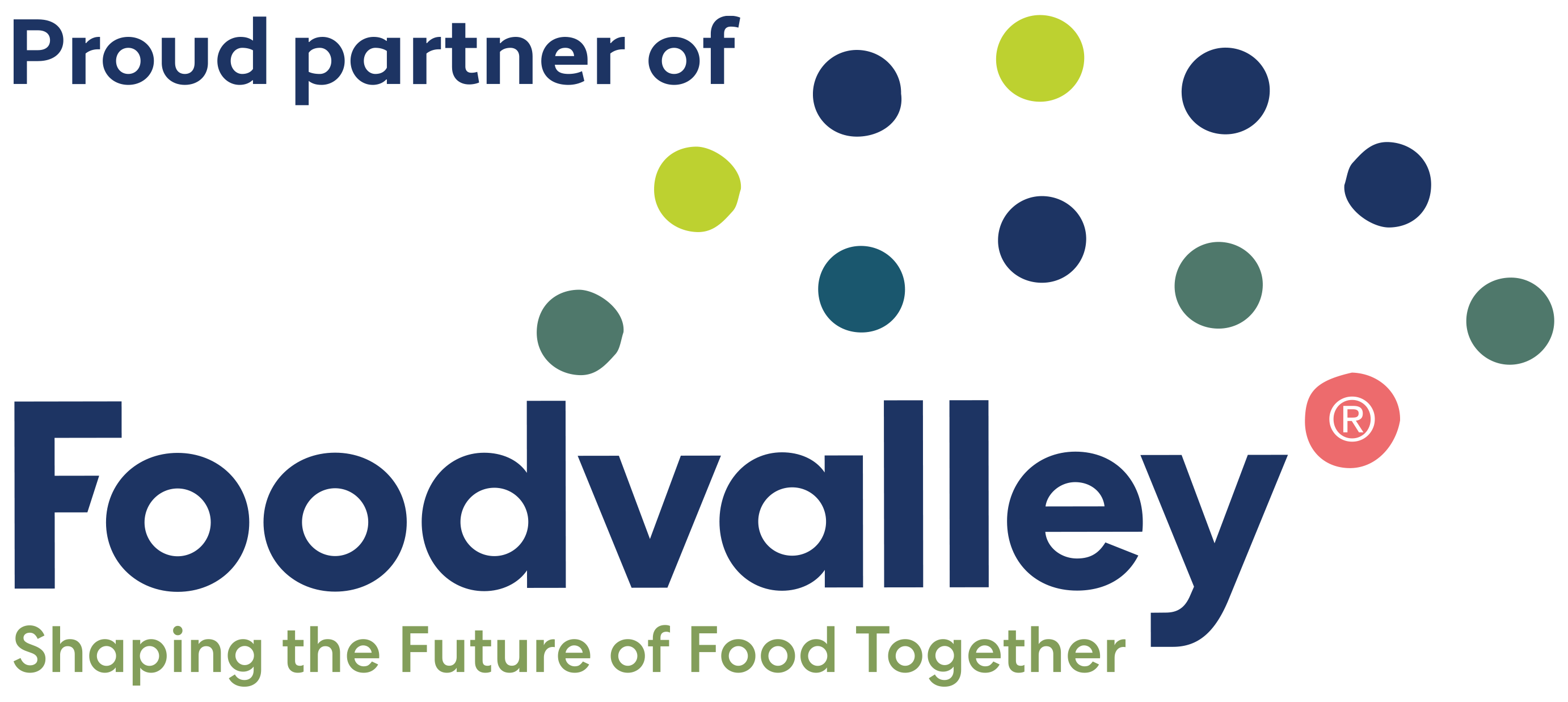"It tastes like dry champagne"
"Dry champagne" or "pleasantly sour and refreshing" are the most common opinions after tasting the soft drink prepared by the REBREAD team.
The sunny colour of the liquid, reminiscent of freshly pressed apple juice with snow-white foam, draws interest immediately. What makes this drink unique? It’s made from surplus bread. While it may seem innovative, this practice has roots in European traditions dating back centuries.
Kvass: from surplus bread to a refreshing drink
Kvass is a fermented beverage made with bread, a natural sourdough starter, and water. It is based on a cereal slurry, rye bread and sugar fermented with baker's yeast, traditionally consumed in Eastern Europe. At Rebread, there’s an important twist: we use surplus bread as the raw material for kvass fermentation.
Within just a few days, a bakery's or restaurant's unsold bread can transform into a sparkling, refreshing drink. Every glass of kvass supports bread waste management and helps to combat food waste.

Traditional kvass vs Rebread's bread kvass
Commercial kvass production often relies on malt concentrates and pasteurisation, which results in a very sweet beverage with diminished nutritional benefits. At Rebread, we bring back the tradition of classic fermentation without added sugars to preserve the refreshing sour taste and bring out the bread waste valorisation potential.
Our kvass bread drink is rich in probiotics, B vitamins, antioxidants, polyphenols, and organic acids. The natural sugars, sunny colour, and unique flavour of crusty homemade bread make it stand out. To enhance the experience, you can add herbs or fruits post-fermentation to create custom flavours.
By incorporating natural fermentation techniques, this drink showcases how unsold bakery products can find a second life while reducing food waste.

From kvass to bakery resource efficiency
For over a year, Rebread has explored innovative uses for surplus bread. Beyond food, we’ve developed bread-based biofilament for 3D printing in 2022 and are researching cosmetics. However, food remains our top priority in keeping with the EU's food waste hierarchy.
"It is important to look for solutions according to the principles of the hierarchy of dealing with surplus food, so first, right after reducing production and redistribution, we should process food into products suitable for human consumption. Only then to animal feed or cosmetics,"
emphasises Ewa Jarosz, Rebread's Project Manager in charge of coordinating the start-up's research and product development.
"We know that bread can be used in the production of biogas or fertilisers, but according to the principles of the Food Waste Pyramid system, it is food products, and in this case kvass bread drink, that has priority."
Bread offers a number of nutritional and functional properties. It contains carbohydrates (starch), proteins (gluten), B vitamins (niacin, thiamine, folic acid) and other valuable micronutrients (iron, calcium, potassium, selenium). It also has binding, thickening and cohesive properties. All this makes bread a versatile ingredient for upcycling into food and beyond.

Rebread's open licence for SMEs
"We are a micro-manufacturer and have no plans to enter industrial production. Our aim is to research, study and develop formulations and product strategies and then license our know-how to others, sometimes even under open licences,"
explains Bartłomiej Rak, CEO of Rebread.
Our bread kvass recipe is available for free licensing. Whether you’re a small bakery, restaurant, café, or food innovator, Rebread offers the knowledge to help you create your own bread waste solution under your brand.
By working together, we can collectively transform bakery waste into valuable products, promoting sustainable bakery efficiency worldwide.

.png)





